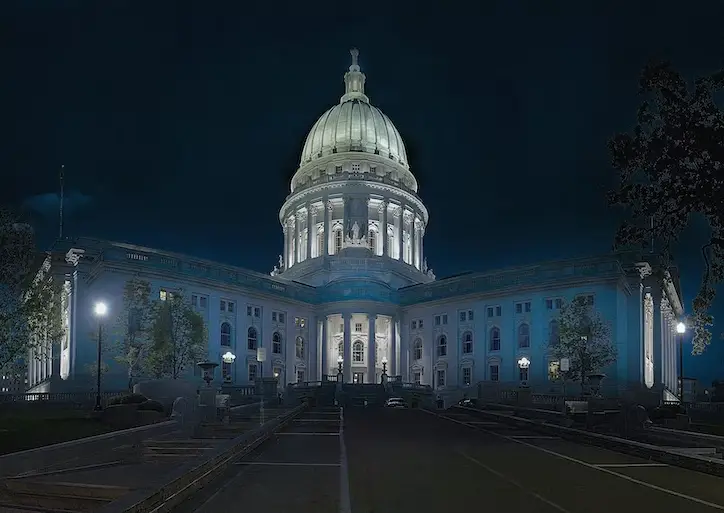According to a new research note from Capital Group, the US government’s debt pile continues to grow every day, and it is possible that soon the government will be spending more on servicing of the debt that it is on defense.
In a research note back in October, Darrell Spence, an economist for the US asset manager, said, “US debt dynamics are evolving in a way that requires attention. Over the next five years, net interest payments on the debt are expected to surpass defense spending.”
Spence noted that if the debt pile of the United States continues to grow at the rate which the Congressional Budget Office is expecting, the government will see its spending on net interest payment increase from less than $500 billion to a mind-blowing $1.4 trillion by 2033.
The issue of interest payments overtaking spending on defense may be a point of focus as President Joe Biden has pledged to ask Congress to approve more than $100 billion in funding for Israel and Ukraine.
Wall Street has been concerned with the US national debt this year, as the Congress waited until the 11th hour to reach a deal to increase the government borrowing limit in May, and as Treasury bonds have suffered a rout which is one of the worst seen in the history of the market.
On September 18th, US government liabilities hit $33 trillion, only to jump to $33.64 trillion one month later, which would have indicated the national debt was increasing by $20 billion per day.
According to Spence, the US national debt is approaching a level which may begin to cause economic consequences.
In his note he wrote that a nation’s debt level will typically begin to become a problem if it “had interest rates that were higher than its economic growth rate, the incremental revenue generated by the economy each year became smaller than the interest payments on the debt, and the debt began to grow all by itself.”
He added that previously, “The US had been far from reaching that threshold. Until now.”
He went on to warn that the ever-growing national debt could lead to the government having to raise taxes, cause further sell-offs in bonds, and force the US Federal Reserve to lock in higher interest rates more permanently.
He added, “Slower economic growth also could be expected, given that government spending would need to be re-routed to debt service For investors, this could lead to lower stock market returns over time, given the strong long-term correlation between GDP growth and market returns.”


